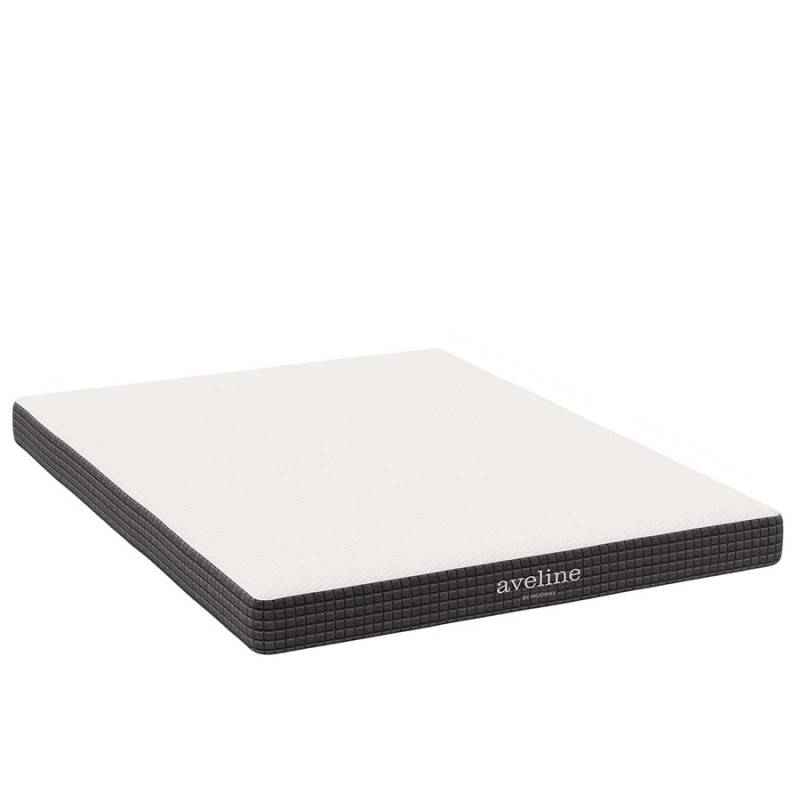Nvidia’s influence on AI stock market
Nvidia’s tactical choices significantly shape the AI industry, as its funding and withdrawal decisions frequently lead to notable market shifts. The company’s recent filings with the US Securities and Exchange Commission (SEC) created waves in the stock market, especially among businesses that lost its support.
On 14 February, Nvidia disclosed the complete divestment from several AI-centric companies, resulting in drastic reductions in their stock values. Among the most affected was SoundHound AI, a creator of AI-based voice solutions, which experienced a 28% drop in share price. Serve Robotics, a firm focused on autonomous delivery systems, faced an even greater decline of 40%, while Nano-X Imaging, a player in medical imaging technology, fell by 11%.
In addition to these total divestitures, Nvidia also cut its ownership in Arm Holdings, the UK chip manufacturer, by 44%. This action led to a 3.2% decrease in Arm’s stock, highlighting Nvidia’s significant clout in the AI and semiconductor realms.
For Australian investors, these changes spotlight the volatility linked to AI stocks, especially those connected to Nvidia. Companies deprived of its support often encounter swift sell-offs, raising alarms about their future growth potential. This scenario underscores the necessity of vigilantly observing Nvidia’s investment strategies, as its actions can indicate overall market sentiment in the AI domain.
Major beneficiaries of Nvidia’s backing
While Nvidia’s withdrawals shook some AI stocks, its ongoing support for specific firms has had a contrasting impact, producing considerable gains. Investors meticulously monitor Nvidia’s holdings, as its endorsement frequently indicates faith in a company’s future prospects.
The standout success story was WeRide, a Chinese company in the autonomous vehicle sector, which saw its stock skyrocket by 84% following Nvidia’s announcement. The firm recently introduced the Robovan W5, a Level 4 self-driving vehicle designed for continuous operation in any weather. Nvidia’s investment reinforces its dedication to autonomous technology, a field ripe for substantial expansion as global automation demand grows.
Another notable performer was Recursion Pharmaceuticals, an AI-centric drug discovery agency, which surged nearly 24%. The company utilizes machine learning to expedite drug development, a sector increasingly garnering investor interest. Nvidia’s endorsement signifies confidence in AI’s growing influence in healthcare, a development that may open up appealing opportunities for Australian biotech investors.
AI data centre operators also gained from Nvidia’s recent announcements. Applied Digital, an expert in AI-focused data systems, saw its shares rise by 15.2%, while Nebius Group climbed 6.7%. The latter is anticipated to generate nearly billion in revenue by 2025, benefiting from a 0 million investment from Nvidia and Accel Partners. With the surge in AI adoption, the necessity for high-performance computing infrastructure is likely to escalate, marking this sector as one to monitor closely.
For Australian investors, Nvidia’s strategic maneuvers provide critical insights into evolving AI patterns. Companies gaining its endorsement often see robust market momentum, positioning them as potential investment choices. However, as illustrated by its divestments, Nvidia’s impact can also create volatility, emphasizing the need for a thoroughly researched strategy when delving into the AI sector.
